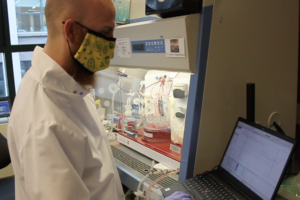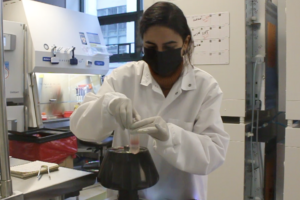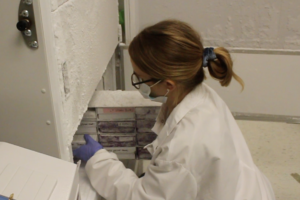Dyno’s lab provides the experimental capabilities that comprise the CapsidMap™ platform. The lab is responsible for creating novel vectors and assaying a diverse array of properties. Experiments at Dyno span pooled libraries with hundreds of thousands of AAV variants to assays focused on individual vectors. Our team rigorously employ diverse experimental approaches and innovate to expand Dyno’s capabilities.
Library Cloning
Dyno clones pools of AAV variants in the form of plasmids. Starting from sequences of ML-designed AAV variants, the team clones the variants into barcoded plasmid libraries whose exact design depends on project-specific goals. Critically, this cloning work must preserve high library diversity and quality at each cloning phase and uses next-generation sequencing technology to assess this process.
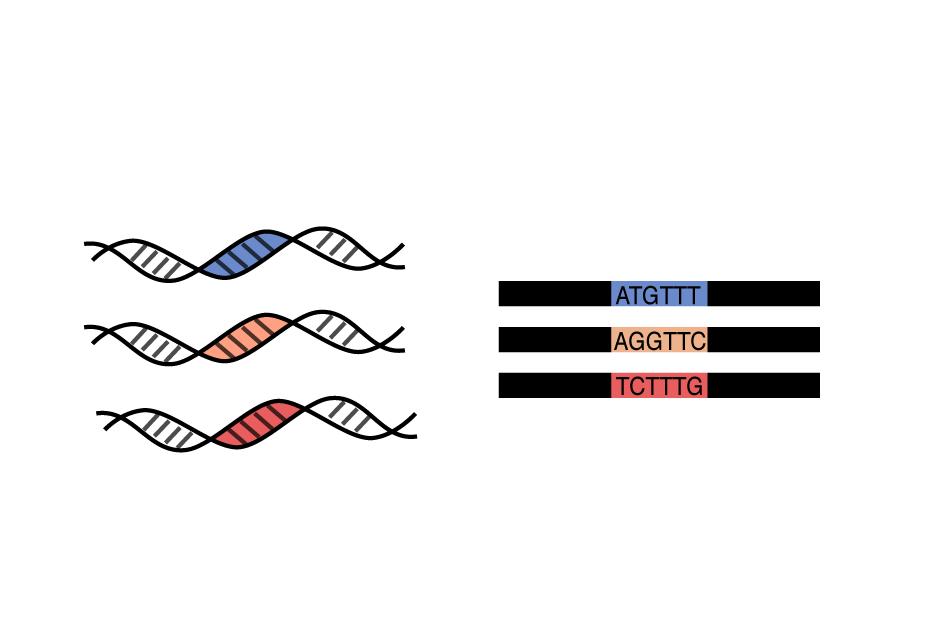
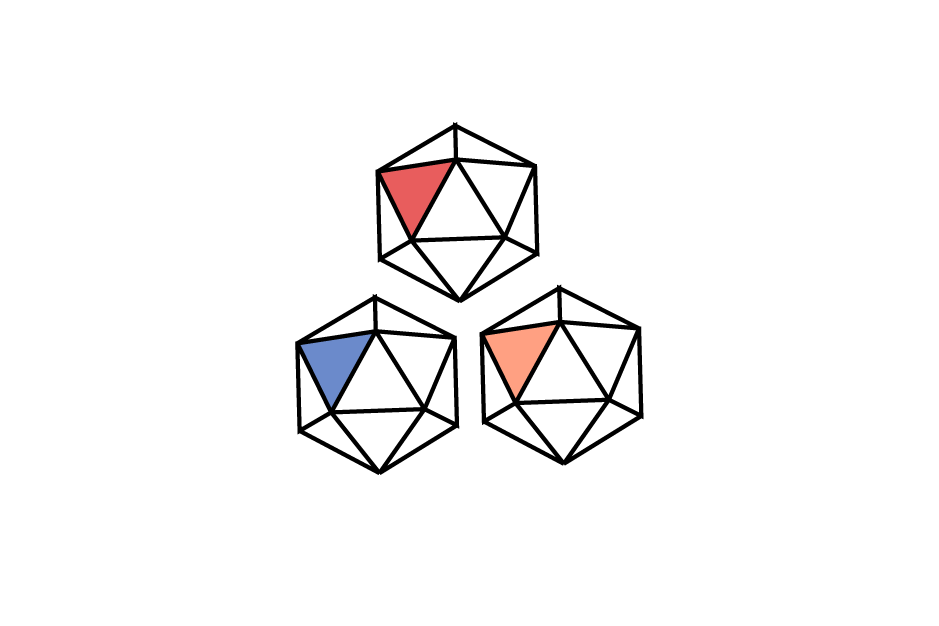
Vector Production
Dyno produces pooled AAV vector preparations for a given variant library, with conditions optimized such that a given vector variant packages its associated barcode. The team relies on cells grown in tissue culture scales ranging from bioreactors to small plates, producing sufficient vectors to complete all planned in vivo and in vitro experiments, as well as detailed quality control for each preparation.
Biodistribution
Dyno develops and implements techniques to measure AAV variant properties such as transduction and biodistribution in samples collected from in vivo studies using methods ranging from bulk to single-cell processing. This generates comprehensive, high-precision data that describes how each individual variant performs in vivo, across the full range of Dyno variant library sizes.
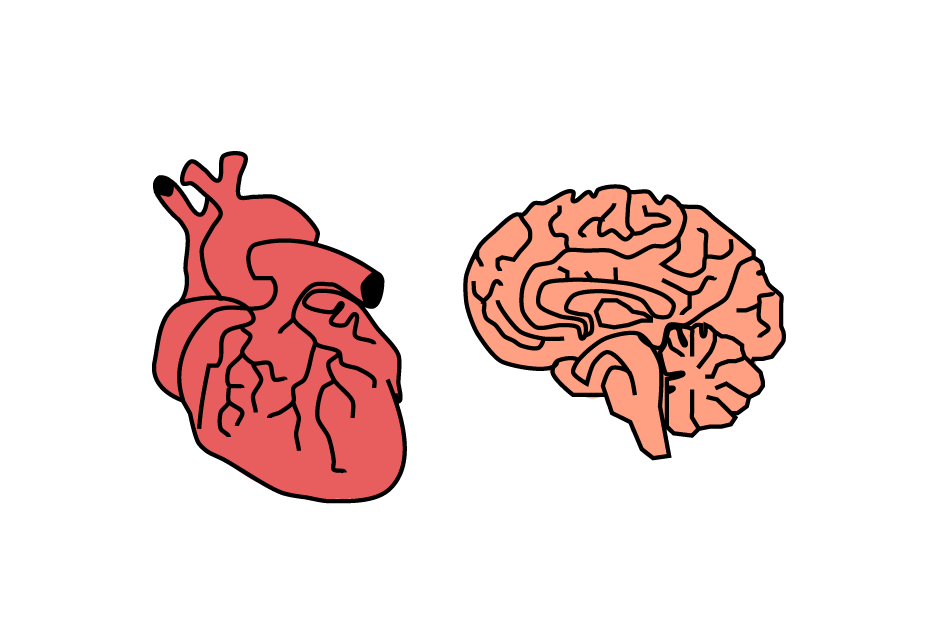
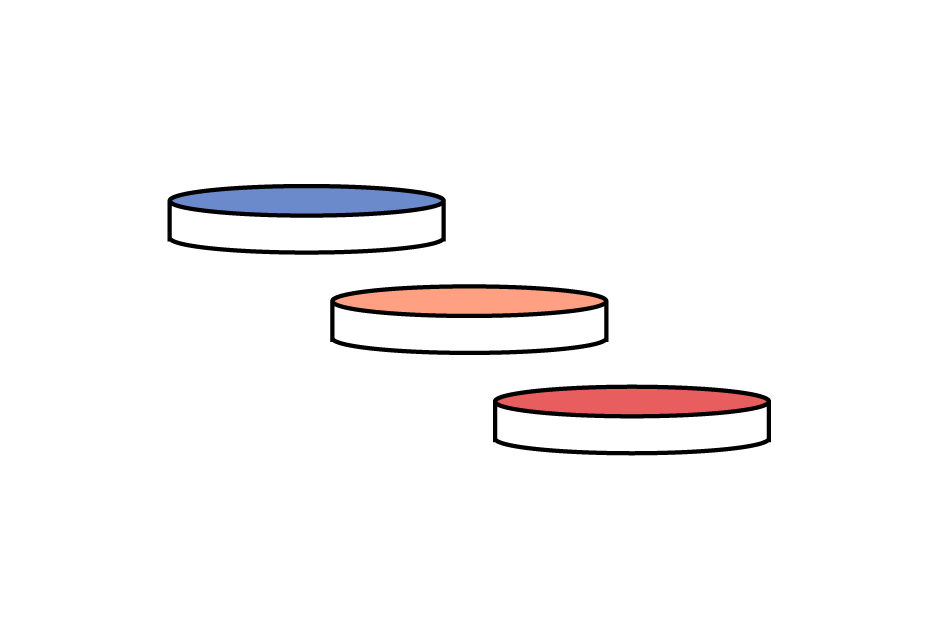
In Vitro Assays
In parallel to the animal studies, Dyno measures properties of produced AAV pools in vitro, including how individual variants interact with immune system components and measuring transduction capability in diverse cell lines. In vitro measurements complement the in vivo data and allow Dyno to assay AAV variants in human cells.
